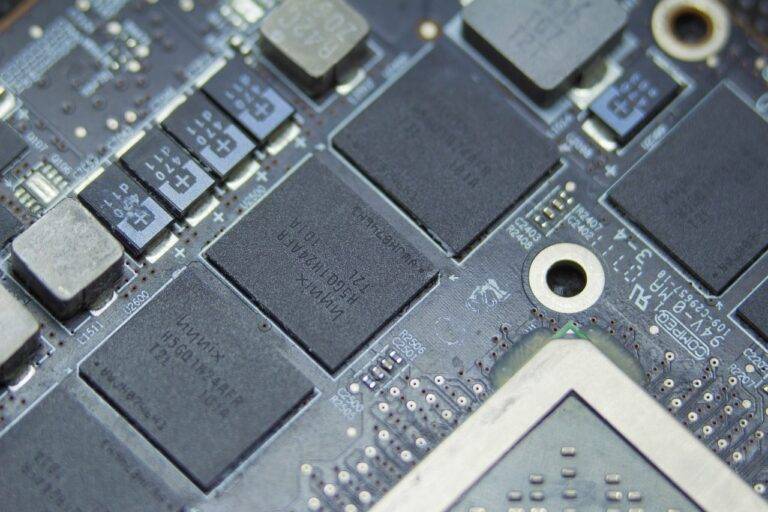Leveraging AI for Personalized Home Automation Systems
Artificial Intelligence (AI) has revolutionized the way we interact with technology in various aspects of our lives. In the realm of home automation systems, AI has the potential to transform our living spaces into smart, intuitive environments that cater to our needs and preferences seamlessly. By utilizing AI algorithms, these systems can learn from our behaviors and adapt to create personalized experiences that enhance our daily routines.
One of the key areas where AI shines in home automation is through predictive analysis. AI can analyze data from various sensors and devices within a home to anticipate user preferences and needs. For example, AI can learn when to adjust temperature settings based on daily patterns or when to activate certain appliances to optimize energy consumption. By employing machine learning techniques, home automation systems powered by AI can continually evolve and improve their ability to make accurate decisions that align with the user’s lifestyle.
• AI can analyze data from sensors to anticipate user preferences
• Adjust temperature settings based on daily patterns
• Activate appliances to optimize energy consumption
• Machine learning techniques help systems evolve and make accurate decisions
Understanding Personalized Features in Home Automation
Personalized features in home automation systems have revolutionized the way individuals interact with their living spaces. These customized functionalities cater to the specific needs and preferences of users, enhancing convenience and efficiency in daily tasks. Whether it’s adjusting the thermostat based on personal temperature preferences or setting lighting schedules according to individual routines, personalized features allow for a tailored home environment that adapts to the unique requirements of its inhabitants.
Moreover, the advent of artificial intelligence (AI) has further elevated the capabilities of personalized features in home automation. With AI integration, smart devices can learn user habits and patterns over time, anticipating needs and automating tasks to provide a seamless living experience. From smart assistants using voice recognition to adapt responses to individual voices to AI algorithms analyzing data to offer personalized suggestions, the potential for personalized features in home automation driven by AI is vast and continually evolving.
The Role of Machine Learning in Customizing Home Automation Systems
Machine learning is revolutionizing the way home automation systems are customized to cater to the unique needs of individual users. By harnessing the power of algorithms and data analysis, machine learning enables these systems to learn user preferences, patterns, and habits over time.
One of the key advantages of employing machine learning in home automation is its ability to predict user behavior and make smart adjustments accordingly. This predictive capability allows the system to anticipate user needs and proactively adjust settings to enhance convenience and efficiency in the home environment.
What is the potential of artificial intelligence in home automation systems?
Artificial intelligence has the ability to learn and adapt to user preferences, making home automation systems more personalized and efficient.
How can personalized features enhance the experience of home automation?
Personalized features in home automation systems can cater to the specific needs and preferences of individual users, making their daily routines more convenient and comfortable.
What role does machine learning play in customizing home automation systems?
Machine learning algorithms can analyze user behavior and patterns to make intelligent adjustments and recommendations, ultimately customizing the home automation system to better suit the user’s needs.
How can machine learning improve the efficiency of home automation systems?
By continuously learning from user interactions and preferences, machine learning algorithms can optimize the performance of home automation systems, making them more efficient and effective in automating tasks and functions within the home.





